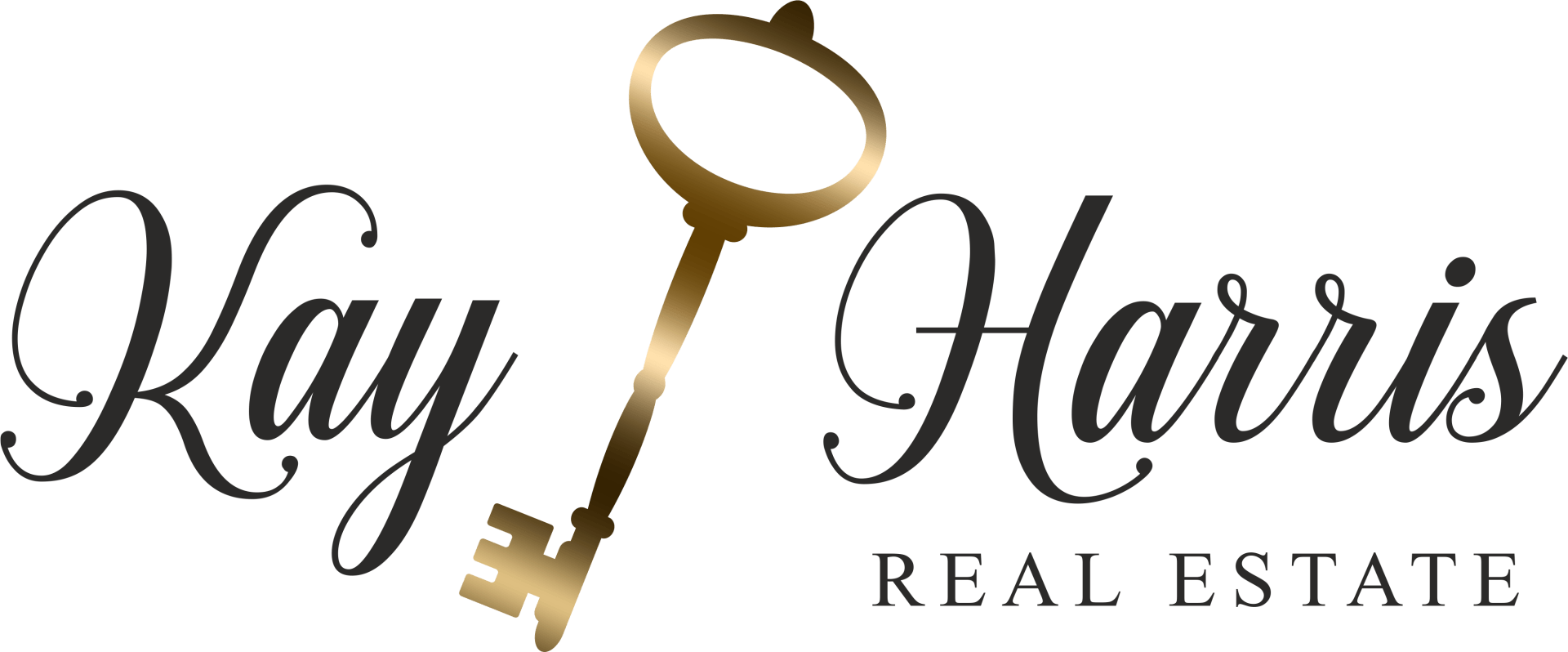Understanding Real Estate Lingo: Terms for Buyers & Sellers
The real estate industry is full of special terminology and confusing acronyms. And if you’re preparing to buy or sell a home for the first time, this lingo can be overwhelming.
Fortunately, your real estate agent will help you navigate the ins and outs of the industry – acronyms and all. This guide will help buyers and sellers learn some key real estate terms, so you can enter the process with confidence.
Understanding The Market
When you’re buying or selling for the first time, there are a few terms you should know to get started.
Buyers Market:
When the number of available homes in an area outnumbers the number of buyers looking for a home, industry pros call it a buyers market. These conditions are ideal for buyers since low competition drives prices down.
Sellers Market:
The opposite of a buyers market, a sellers market occurs when there are fewer homes available than there are interested buyers. This situation causes higher competition and higher prices. There are even cases where a buyer will have to bid over the asking price and pay their own closing costs.
Realtor:
A realtor is a real estate professional who’s a member of the National Association of Realtors (NAR).
Understanding Your Mortgage
Applying for a mortgage? Make sure you know these terms beforehand.
Fixed-Rate Mortgage:
This is a home loan that has the same interest rate for the entire duration of the loan.
Adjustable-Rate Mortgage:
This is a home loan that has an interest rate that varies throughout the duration of the loan.
Annual Percentage Rate (APR):
APR includes the interest on a loan plus fees. These fees might include mortgage insurance and loan origination fees, for example. It is not the same as the interest rate a buyer pays on a mortgage loan.
Debt-to-Income Ratio (DTI):
This ratio compares your total monthly debt payments, including your proposed allowance for a mortgage loan, to your monthly income. A lender will calculate this ratio when a buyer applies for a mortgage.
Understanding The Buying & Selling Process
Whether you’re buying or selling a home, these terms will help you navigate the process.
Home Inspection:
A home inspection assesses the condition of a home and is a buyer’s expense. Home inspectors will use tools and measurements to determine whether a home is safe and what repairs may be necessary. The buyer or their Realtor schedules the inspection.
Home Appraisal:
A home appraisal assesses the value of a home. Professional appraisers consider factors like the condition and location of the home, as well as various home features. A lender typically schedules the appraisal, but buyers may often cover the cost.
Contingencies:
These are conditions written into the purchase contract. Both parties must comply with the contingencies before the contract becomes binding. For example, the contract might be contingent on the results of a home inspection or sale of the buyer’s current home.
Closing Costs:
Homebuyers pay several closing costs in addition to the down payment. These might include appraisal fees, title insurance, private mortgage insurance, and escrow fees, for example. Your agent can help you prepare for closing costs when buying a home.
When it comes to understanding real estate lingo, these terms are just the beginning. As an experienced realtor, Kay Harris is committed to keeping clients informed while they navigate the buying or selling process.
Contact me today.





Want to Buy or Sell a Property?
Contact Us
Contact Us
We will get back to you as soon as possible.
Please try again later.



















